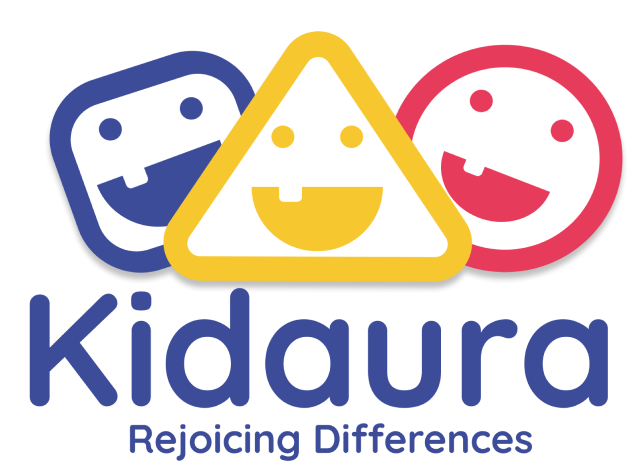Types of Learning Disabilities in Children
Published by Madhushree
2 years ago
What are the different kinds of learning disabilities?
Learning disabilities includes a range of neurologically based learning disorders of various severity levels, sometimes referred to as specific learning disabilities. It refers to a disability in one or more psychological processes such as reading, writing, mathematics, etc.
- Dyslexia
- Dysgraphia
- Dyscalculia
- Dyspraxia
- Auditory Processing Disorder
- Sensory Processing Disorder
Dysgraphia
Dysgraphia is characterised by the person having difficulty converting the sounds of language into written form or knowing which alternate spelling to use for each sound.
Symptoms:
- inappropriately sized and spaced letters
- write wrong or misspelt words
- poor handwriting
- difficulty expressing thoughts in writing
Dyslexia
A learning disability which affects skills involved in reading, spelling and writing. Children with this condition will have normal intelligence and normal vision.
Symptoms:
- Learning new words slowly
- Avoiding activities that involve reading
- Problems remembering the sequence of things
- Reading well below the expected level for age
- Problems processing and understanding what he or she hears
- Difficulty finding the right word or forming answers to questions
Dyscalculia
Dyscalculia is a term referring to a wide range of difficulties with maths, including weaknesses in understanding the meaning of numbers, and difficulty applying mathematical principles to solve problems.
Symptoms:
- difficulty understanding or remembering mathematical concepts such as multiplication, division, fractions, carrying, and borrowing
- difficulty reconciling verbal or written cues (such as the word “two”) and their math symbols and signifiers (the number 2)
- trouble explaining math processes or showing work when asked to complete a mathematical task
- difficulty describing the sequence of events or remembering the steps in a math process.
Dyspraxia:
Dyspraxia is a brain-based motor disorder. It affects fine and gross motor skills, motor planning, and coordination.
Symptoms:
- unusual body positions
- general irritability
- sensitivity to loud noises
- feeding and sleeping problems
- high level of movement of the arms and legs
Share via

© 2019-2024 Kidaura, All Rights Reserved




